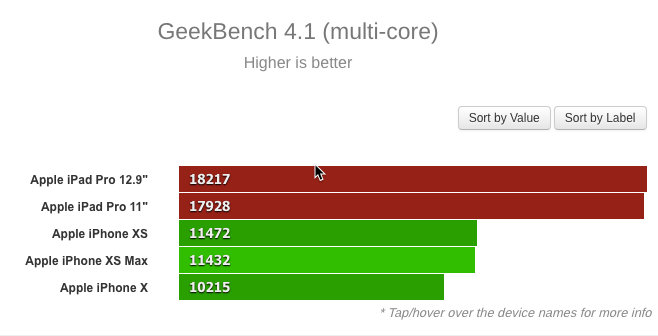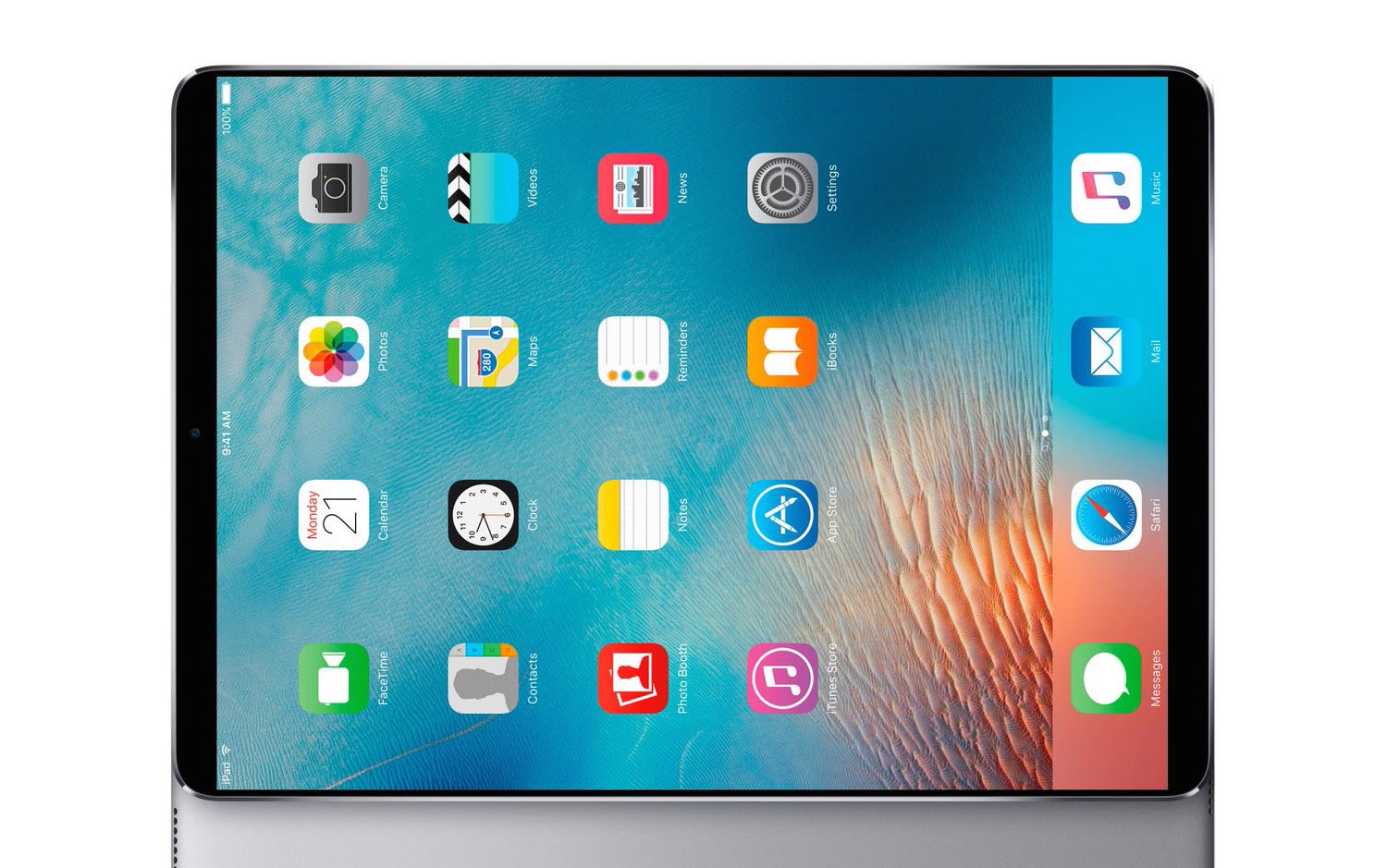

For everything else, there's the Intel Core i9-13980HX and AMD Ryzen 9 7945HX. That said, the M2 Pro and M2 Max should offer enough processing power to chew through most video-related workloads. With no M2 Ultra coming anytime soon, the M2 Max will be the best Apple SoC on the market, at least until the 3 nm M3 and its derivatives are out and about. One can attribute the M2 Pro's stellar performance increase in part to Apple's chip designing prowess and the improved TSMC N5P node it is manufactured on. Even the better-specced M1 Max (1,780/12,656) falls flat against the M2 Pro, although an apples-to-apples comparison between the two would be unfair given the latter features two extra E cores.Furthermore, Geekbench is a CPU-intensive test and the M1 Max will almost certainly flex its muscles in a more GPU-bound scenario. That represents a 10% increase over the last-gen M1 Pro (1,769/12,499) in single-core performance and a 20% increment in multi-core. in CPU performance going from the Pixel 6 to Pixel 7 in Geekbench 5. The Apple M2 Pro scores 1,952 and 15,013 points in the Geekbench single and multi-core tests, respectively. Vision Pros computing capabilities are powered by the same M2 chip used in the.
IPAD PRO M2 GEEKBENCH MAC
It has shown up on the benchmarking platform (via MacRumors) alongside a Mac Mini. Nonetheless, the M2 Pro is shaping up to be quite the powerhouse, as confirmed by a recent Geekbench listing. Usually, Apple reveals its hardware with much fanfare and one can't help but wonder why this launch was so low-key. Your experience may differ based on the nature of your workload, the ambient temperature, and several other factors.Apple's decision to silently launch its new M2 Pro and M2 Max SoCs come off as a tad puzzling. However, they may paint an inaccurate picture of the real-world performance of your iPhone, iPad, and Mac. Among the iPads, the M1 iPad Pro and iPad Air models came out on top.īear in mind that benchmarks serve as a great tool for comparisons because the tests are standardized. It concludes that this was the main reason why Apple upgraded the iPad Air to the M1 chip in 2022 instead of the A15. The comparison also shows that the A15 chip is only marginally faster than the A14 Bionic. Moreover, the price difference between the $399 iPhone SE and the $1,099 iPhone 13 Pro Max doesn’t translate into equal performance gain. In fact, the iPad Pro models performed similarly to the passively cooled MacBook Air.

Unsurprisingly, the Macs powered by the M1 Pro and M1 Max chips posted chart-topping benchmark scores. Although iPhones and iPads share chips, thermal design variations can result in different benchmark scores. For the base model M2 Mac mini, the single-core performance improved from 1651 to 1951 an 18 boost. A Macworld report took a close look at the Geekbench scores for Apple chips that power iPhones, iPads, and Macs. Below you can see comparisons for the M1 Mac mini, the M2 model, and the M2 Pro variant. ago Vision Pros computing capabilities are powered by the same M2 chip. Unsurprisingly, the M2 chip’s performance lives up to the hype but the M1 Pro, M1 Max, and M1 Ultra chips blow the M2 out of the water.Ī recent comparison shows how the M2 chip fares against every other recent Apple silicon chip, including the A13 Bionic, iPhone 11, and M1 Ultra. Geekbench 5 saw the typical dominance from the iPad Gen 10 and its Bionic A14. Now that the M2 MacBook Pro and M2 MacBook Air have started shipping out to customers, detailed performance benchmarks are available. iPad Pro (12. Xiaomi Poco M2 Pro Qualcomm Snapdragon 720G 1804 MHz (8 cores) 215 Realme 8 MediaTek Helio G95 2000 MHz (8 cores). Days before MacBooks powered by the new M2 chip went on sale, Geekbench 5 benchmark scores surfaced online. Welcome to the Geekbench ML Benchmark Chart.


 0 kommentar(er)
0 kommentar(er)
